.
Article updated on May 30th, 2025
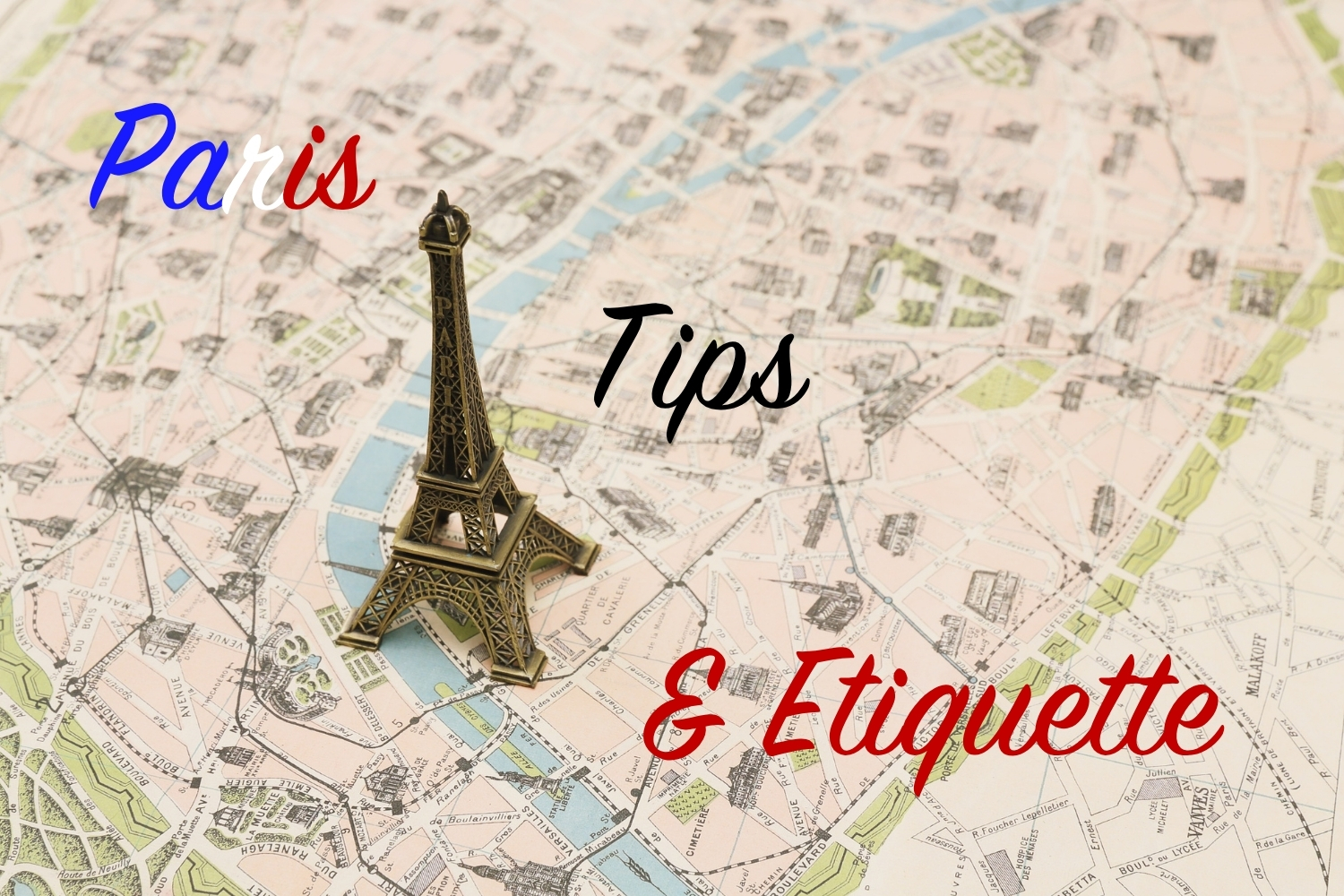
Master the art of Parisian charm with the following tips! (Photo credit: Aflo / Canva)
Like any big city, Paris’ streets are shared by locals and tourists – so it’s important for everyone to get along! Observing local etiquette is key to showing respect and fostering positive interactions. Understanding and embracing the culture will enhance your experience, making your Parisian experience richer and more authentic. Listed below are important etiquette tips to help you navigate Paris.
Learn a few words in French
Local Parisians really appreciate a tourist who tries to speak their language. It displays an admiration of French culture and a desire to learn more. Don’t worry if your accent isn’t perfect! Locals will appreciate the charm of your mispronunciation. It’s the thought that counts, oui?
This tip will likely work to your advantage when communicating with a native. They are likely to respond more thoroughly to a foreigner who speaks a bit of French! If the conversation becomes too difficult to understand, ask the person if they speak English. Most French people speak English in addition to French, especially the younger population.

Know the geography of the city

To make the most of your time in Paris, familiarize yourself with the city’s layout. Paris is divided into 20 arrondissements (districts) arranged in a spiral pattern that begins at the city center near the Louvre. The Seine River cuts through the city, separating the arrondissements into the Left Bank, including the 5th, 6th, 7th, 13th, 14th, and 15th, and the Right Bank, which contains the rest. As a rule, the higher the arrondissement number, the farther you are from the city center. If you do get lost, don’t worry! Paris has helpful neighborhood maps posted throughout the city to guide you.
It’s also important to note that Versailles is not a part of Paris, despite common misconceptions. Versailles is its own city, located in the western suburbs about 10km (6.2 miles) from central Paris, and is easily accessible via public transportation. If you have time, visiting the palace and city of Versailles is well worth it.
Métro etiquette
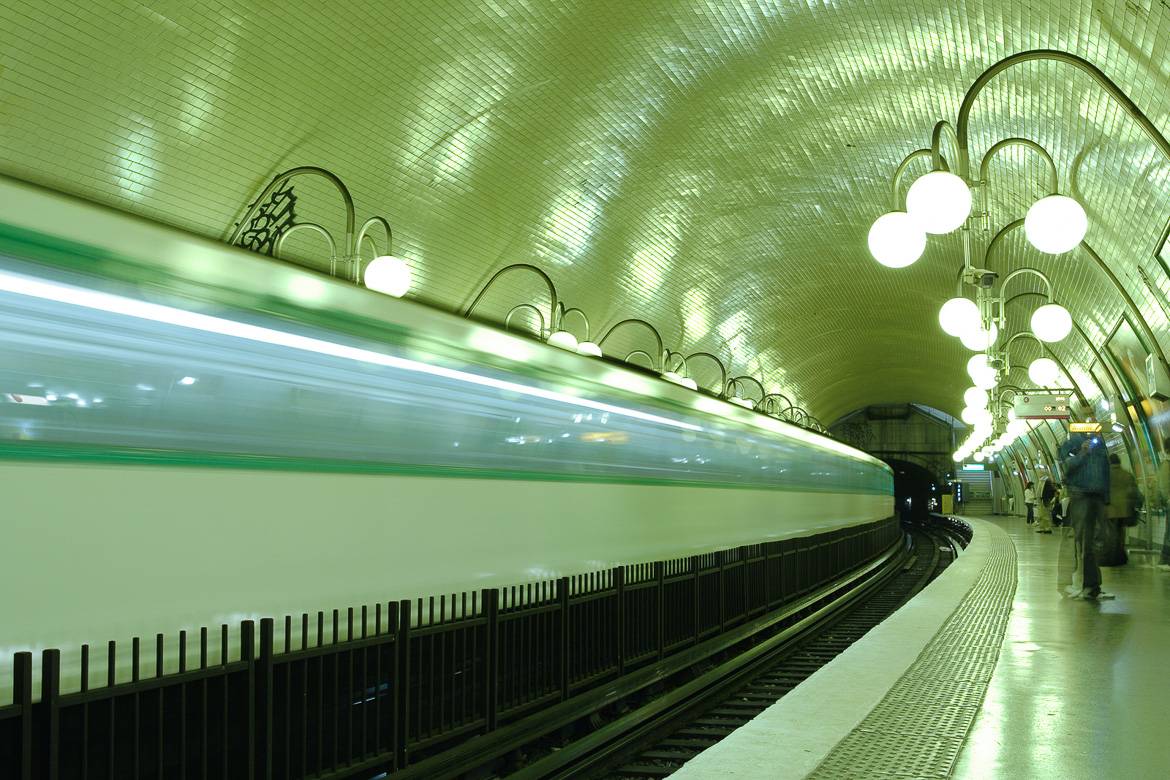
Unlike New York City’s subway, the Paris Métro does not operate 24/7. Trains typically run from 5:30 a.m. to 12:40 a.m. from Sunday through Thursday, and from 5:30 a.m. to 1:40 a.m. on Fridays, Saturdays, and the nights before public holidays. If you plan to stay out late, be sure to arrange your transportation in advance: getting stranded in an unfamiliar area can be stressful, and asking for directions won’t help if the trains have already stopped running.
However, just because the metro service ends early doesn’t mean you’ll have to stay home every night. The Noctilien bus lines run all night! Preparing in advance is still recommended. Have a bus schedule handy, as service is reduced during evening hours.
Here are some key tips for using the Paris metro:
- Stand on the right side of the escalators and hallways to keep a smooth traffic
- Let passengers off the train before boarding
- The metro allows unlimited transfers within Paris, but to reach the suburbs, you’ll need to take the RER (Regional Express Network)
- Keep your bags at your feet to avoid taking up extra space
- Do not smoke anywhere in the metro as it is strictly prohibited
Voltage converters

All electronics in France operate on 220 volts, a standard across Europe. If you’re from out of town and want to use your electronics in France, you’ll have to purchase continental voltage converters and adaptor plugs. You can easily find these in tourist shops and airports.
Restaurant etiquette
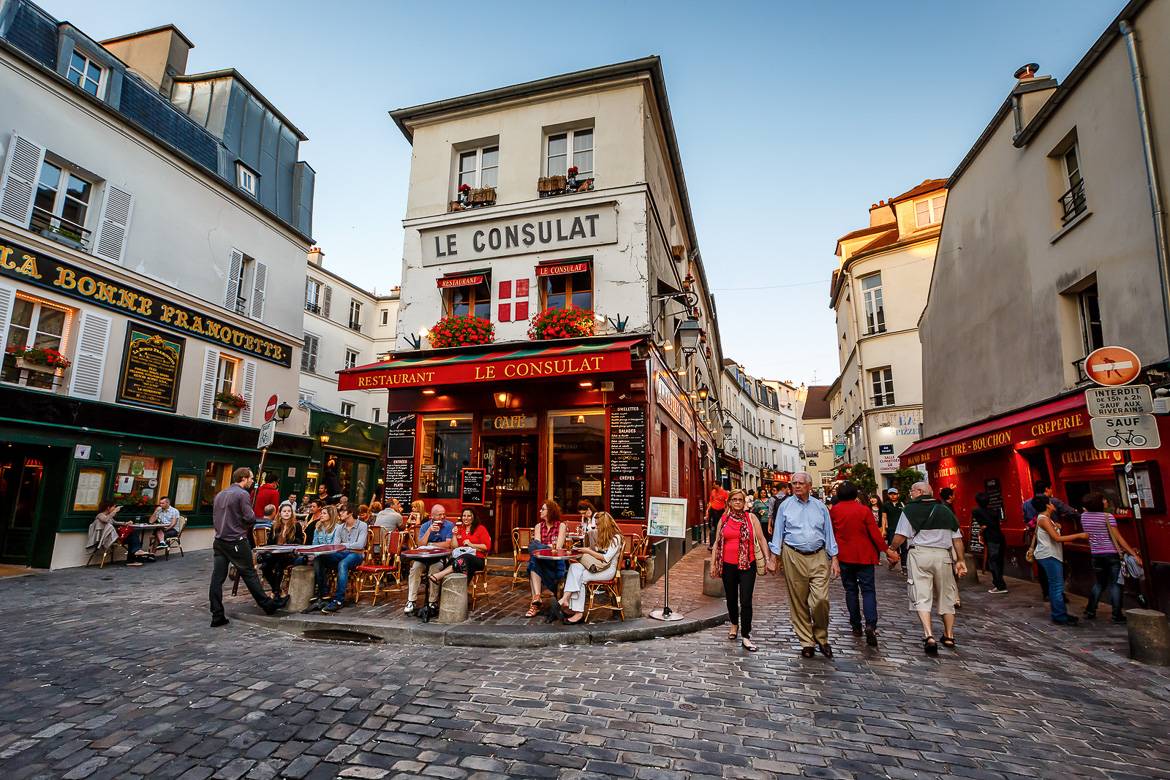
If you wait for your check after a meal in Paris, you may be waiting forever. Servers won’t give you your check until you ask for it! The check always includes gratuity and tax, so you won’t have to add to the total. Just like anywhere else, it’s important to treat your waiter with kindness, patience, and respect. Doing so involves following basic rules. For instance, smoking is forbidden in restaurants. Step outside before you light up! Though there are many different types of eateries around Paris, all of them follow this rule. If it’s an upscale establishment, make sure you’re dressed appropriately, though there are rarely formal dress codes in Paris restaurants.
Additionally, it’s best not to use the restaurant’s property if you aren’t going to buy something. Many eateries will not allow you to sit at a table without purchasing food or a drink, and there are some with minimum order requirements.
Shopping in Paris

Looking to shop ‘til you drop? Better do it early! Stores in Paris close early by American standards, and are usually only open from 9:00 a.m. to 7:00 p.m. (9:00-19:00).
Don’t plan your shopping spree for Sunday; you’ll find a bunch of locked doors! According to regulation, most shops outside of tourist areas are not open on Sundays. However, many stores in tourist zones, like the Champs-Élysées, Le Marais, and La Défense, are now open Sundays.
You may find several stores closed on Monday as well, as an extra day of rest for some retailers. Shops also close on national holidays. With so many popular retailers in Paris, it can be overwhelming to choose between them all. But standout destinations like these five top shopping spots in Paris can help you narrow down your options.
Museums in Paris
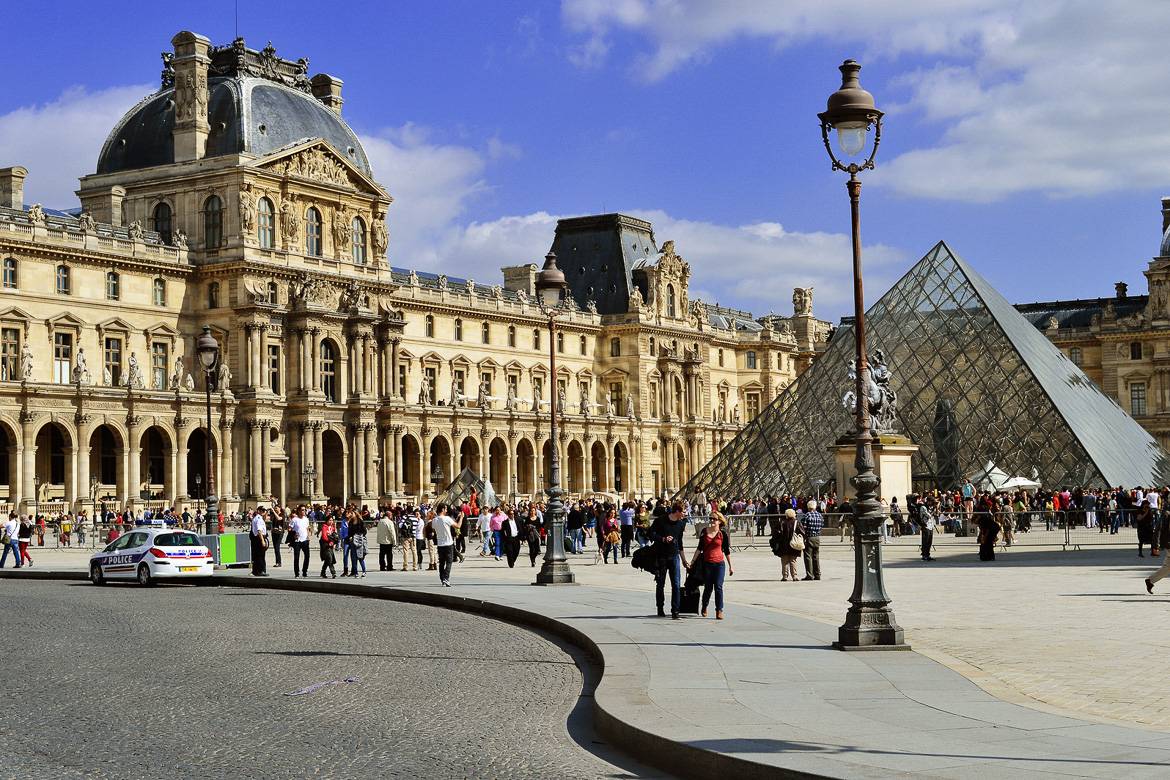
Paris is filled with iconic museums to explore that help people better understand French culture, history, and science through artifacts and art. All museums are free to EU citizens under the age of 26 to encourage youth of all social classes to gain knowledge and culture.
If you’re looking to lower your travel budget, plan your museum trip for the first Sunday of the month. Most museums are free to the public on the first Sunday of every month, including the Louvre, Musée d’Orsay, and Musée du quai Branly. Several Paris museums offer free entry to their permanent collections year-round, including the Musée Carnavalet, Petit Palais, and Museum of Modern Art. Only temporary exhibitions may require a paid ticket.
The Pompidou Center, which houses the Museum of Modern Art, is free for everyone under age 18. For more free options in Paris, read our blog on the top 10 free things to see and do in Paris.
Vacation rental and furnished apartment etiquette
In our furnished apartments and vacation rentals, you may feel as if you are living in your own home in Paris. But remember, you don’t own the space! An owner has entrusted you with their property, and it’s important that you treat it with respect. Make sure the apartment looks as good or better upon your departure as it did when you arrived.
Though a trip to Paris is a likely a vacation for you, it’s home to many of your neighbors, so treat them with kindness and courtesy. Be conscious of television and music volume, don’t slam doors, and try to be quiet during evening hours. To ensure a conflict-free trip, please follow all the rules of the building and keep communal facilities tidy. So long as you follow these instructions, you’ll have a comfortable resident experience in the City of Lights.
If you really want to live like a local, try your hand at preparing traditional French recipes in your vacation rental‘s well-equipped kitchen.
Street tips
Street etiquette is essential when exploring a new city, especially one as busy as Paris. You’ll encounter most people while on foot, so it’s important to be mindful of your surroundings. Paris sidewalks are often narrow, and a little courtesy goes a long way in keeping things moving smoothly.
Keep these tips in mind:
- Walk on the right side to keep the traffic flowing
- Step aside to check your phone or map, but don’t stop in the middle of the sidewalk
- Be aware of pickpockets, especially in crowded areas and on public transport
- Don’t feed the pigeons! It’s illegal and punishable by a fine.
Get lost, have fun and explore!
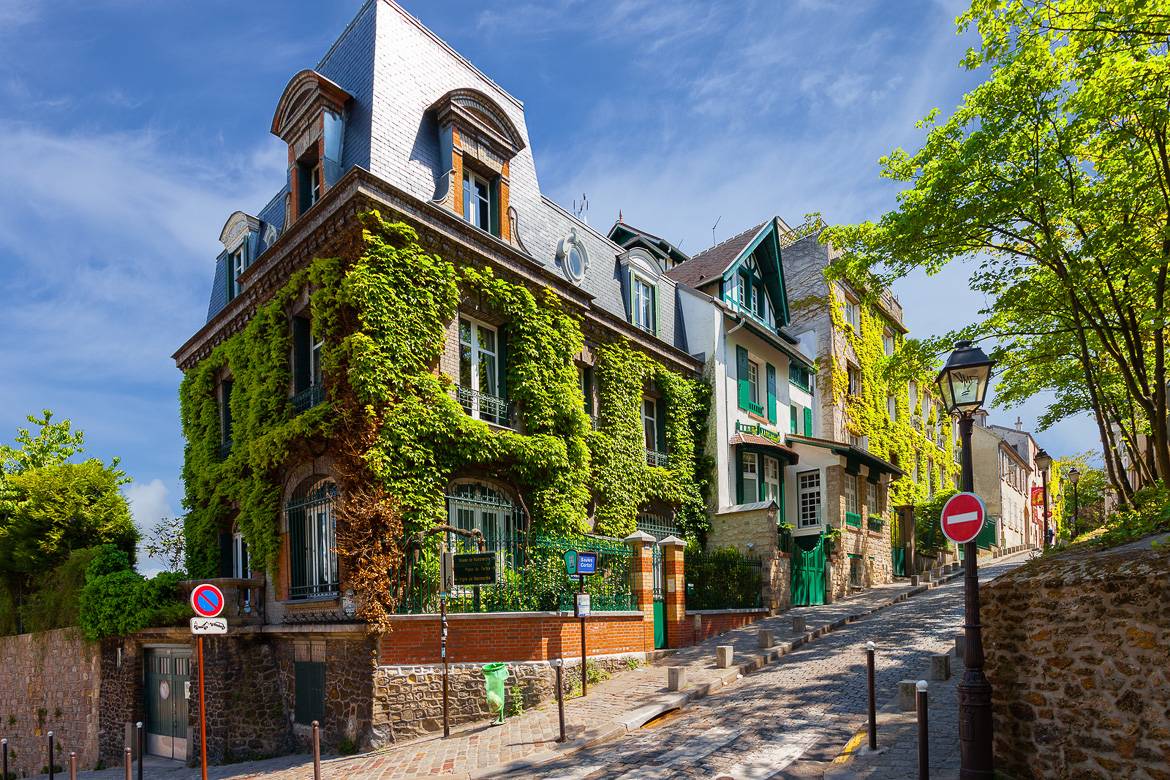
While the tips mentioned above are surely important for your trip in Paris, this one is perhaps the most crucial: It’s your vacation, so spend it having the best time possible. It may be a while before you visit again, so explore as many points of interest as you can. Don’t worry about getting lost; as long as you know the basic layout of the city, you will be fine! We suggest mingling with the locals, stopping by both touristy areas and residential neighborhoods, and immersing yourself in French culture. By the time you return home, your friends will notice something different about you: a Paris glow. Doesn’t that sound great?
Do you have any tips to add to this list? Let us know in the comments!
.

.

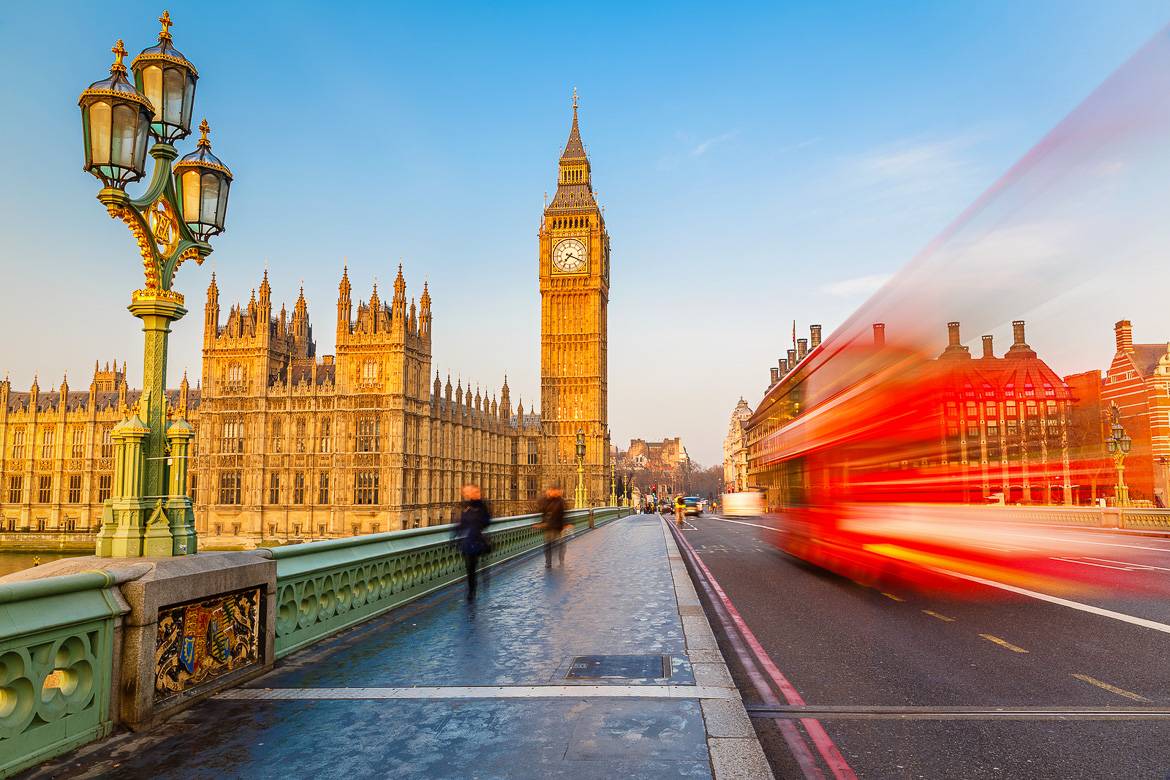
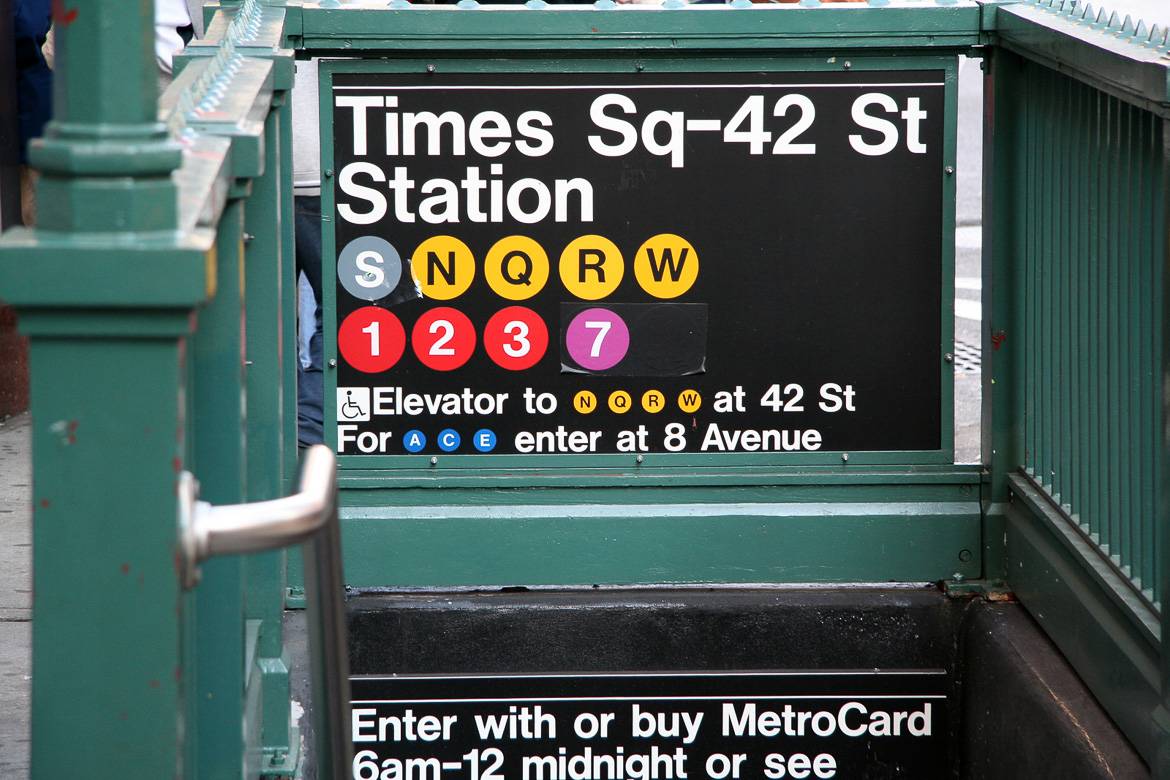

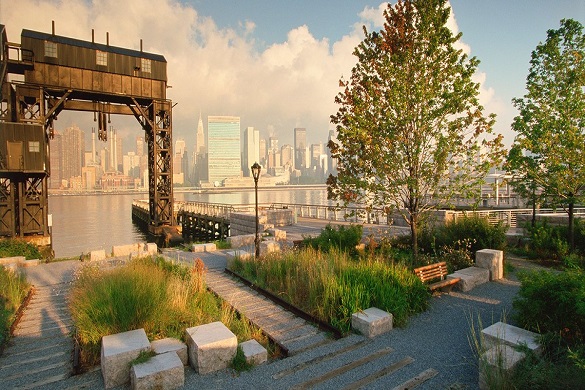

I absolutely love this site, and I am sharing it with others who are coming to New York. I am learning so much about the city that I might be living for four years to go to school. The info is extremely helpful and those who take heed to it well be more than prepared when they arrive.
I wanted to know does New York Habitat provide housing ,apartments, duplexes and or lofts in quaint neighborhoods in Paris? our schools will either be in 1,10 or 7Arr.
Hi Alisa,
Thank you for such positive feedback! We do provide furnished apartment rentals (short term ? long term) in neighborhoods all over Paris. To find out more about the apartments we have in Paris, feel free to do a search on our website or to contact one of our licensed agents. You’ll also find plenty of tips about Paris on this travel blog!